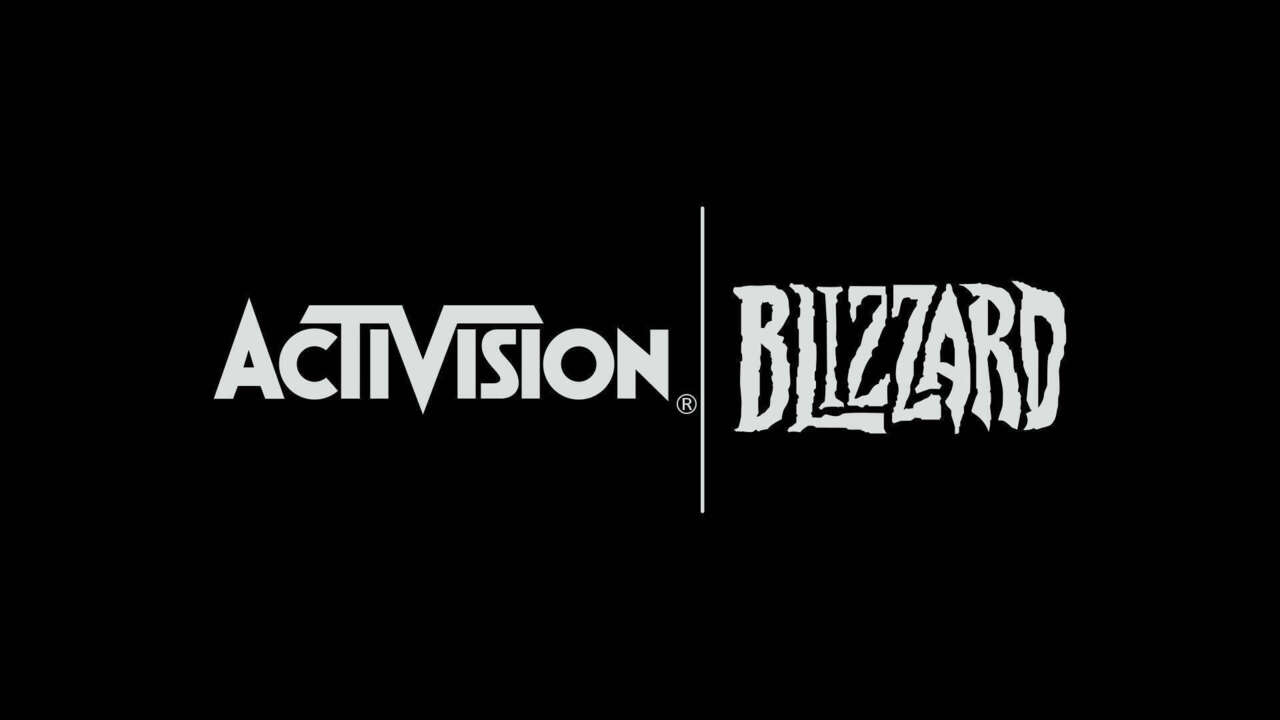The former CEO of Sony Computer Entertainment America, Shawn Layden, has had a lot to say about the state of the industry since he left Sony in 2019. In a recent interview Layden expanded on some of those points–warning against studio consolidation and advocating for game preservation in the wake of Microsoft’s massive acquisition of Activision-Blizzard finally going through.
In an interview with the Lan Parties podcast last week, as picked up by Kotaku, Layden reiterated some of the biggest issues he sees in today’s game industry–including consolidation, which has been a major talking point during Microsoft’s battle to acquire gaming giant Activision-Blizzard-King.
“My concern around consolidation is that often it impacts creativity,” Layden explained. “For instance, it takes some kind of small, independent, wildhorse studios and brings them into a larger conglomerate and essentially time slows down the bigger you are, time slows down.”
While Layden says the practice can be positive in cases where a smaller studio otherwise would have shut down, he’s still concerned about the impact of consolidation on the industry as a whole. “I’m just concerned about what it does to the creativity urge inside of the studios, and can they keep that sort of independent creativity alive or do they just get absorbed into the larger whole?” he elaborated. “Time will tell, but it’s a bit concerning. When you go from hundreds of voices to dozens of voices, you lose some voices.”
Layden also has concerns about the lack of variety in today’s games, with many big AAA studios tending towards the same genres and formats. “If we continue to coalesce around the four or five genres, then we won’t get the new players because those people have already said we’re not interested in your genres,” Layden said. “Don’t kid yourself that someone who’s said ‘no’ to Call of Duty for the last 15 years is going to start suddenly saying ‘yes’ to Call of Duty.”
The former PlayStation boss also spoke on the topic of game preservation, saying he would like to see more people in the industry thinking about preserving old games for future generations. “This isn’t throw-away stuff we’re making,” he said. “This is stuff that should be around for a long time because future generations will enjoy it in the same way that we have and it’s criminal that we’re not doing more to protect it.”
The products discussed here were independently chosen by our editors.
GameSpot may get a share of the revenue if you buy anything featured on our site.


